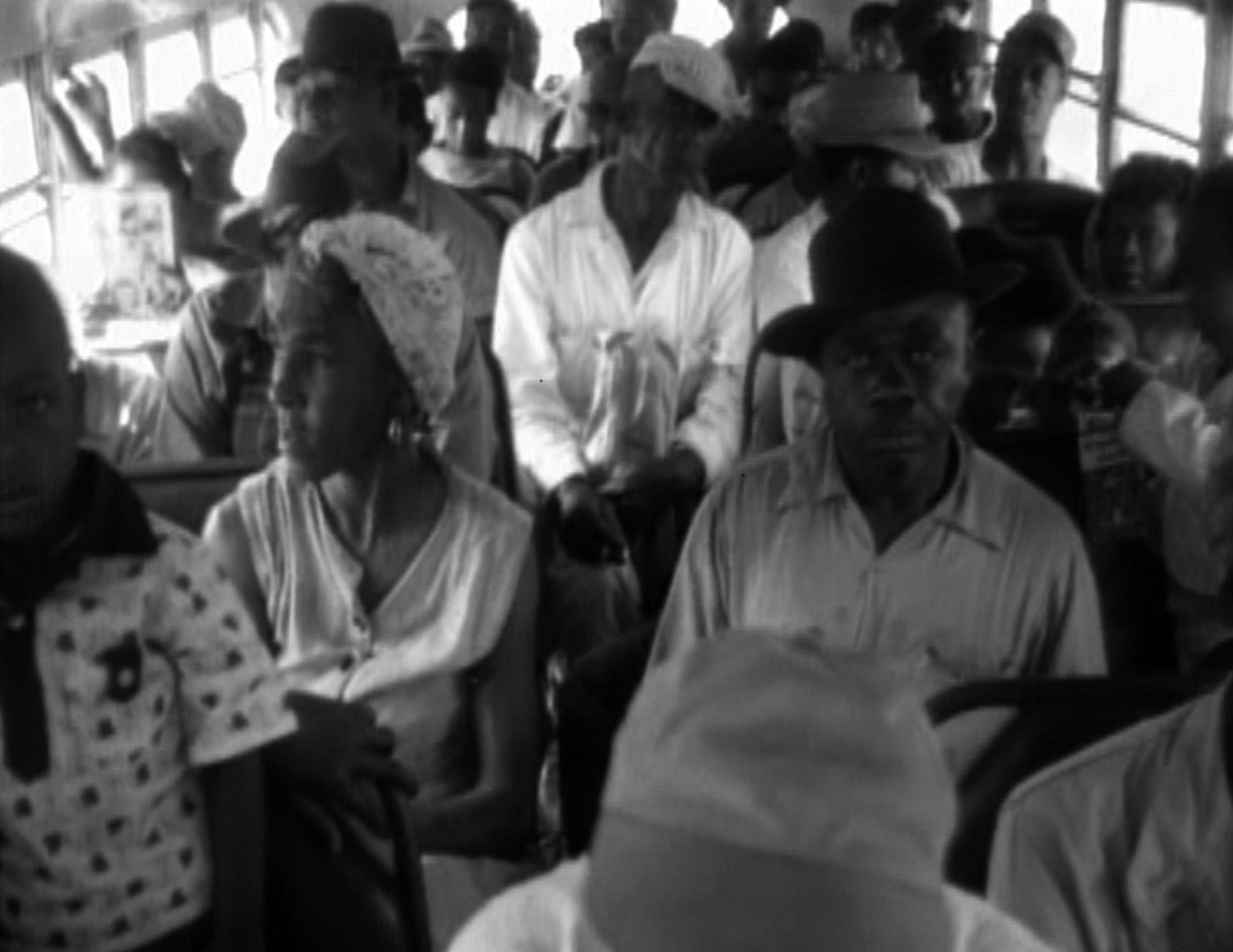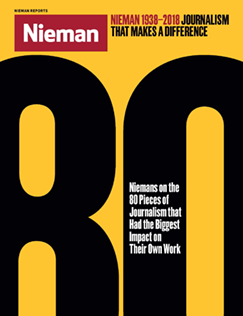
A scene from “Harvest of Shame” shows a bus full of migrant agricultural workers traveling to their next job
A year later, with only high school journalism experience, I joined friends in starting an alternative newspaper in Harrisburg, Pennsylvania. After our second issue, a local community center called to ask if we’d write about a migrant camp where, it turned out, workers in squalid conditions were forced by men with guns to pick tomatoes, and, when there were no tomatoes, weeds. In my reporting, I learned that the state had lauded the camp for excellence. Later that year, the Pennsylvania secretary of labor called to tell me that, as a result of my story, the state had closed the camp, banished the crew leader from Pennsylvania, and set forth new regulations to prevent abuses like those I’d exposed. After several years in alternative journalism, I went to Columbia Journalism School, where Fred Friendly, a producer for “Harvest of Shame,” taught, and then on to a career as a national TV journalist, teacher, and author.


